Rio to tap Beijing anti-doping experience
Updated: 2015-05-19 09:58
By JI YE in Rio de Janeiro For China Daily(China Daily USA)
|
||||||||
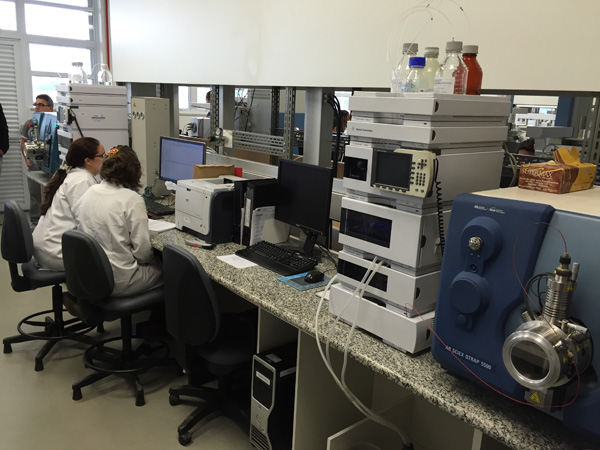 |
|
Brazil's anti-doping laboratory for the Rio 2016 Games.[Photo by JI YE / FOR CHINA DAILY] |
Brazil's anti-doping laboratory has won back accreditation, and the lab's coordinator is looking to tap China's anti-doping experience during the Beijing Olympic for the Rio 2016 Games.
The World Anti-Doping Agency (WADA) lifted its suspension of Brazil's anti-doping laboratory on May 13. Known as the Brazilian Doping Control Laboratory (LBCD/LADETEC), the facility lost its accreditation in 2013 after failing to meet WADA's standards in blind tests due to outdated equipment. All the samples taken during last summer's FIFA World Cup held in Brazil had to be sent to Switzerland for testing.
To regain accreditation from WADA, the laboratory, which is based at the Federal University of Rio de Janeiro, was moved into a new $45 million building where staff have been working since August 2014, following a timeline established by WADA.
In March 2015, the agency approved the analysis of blood samples for athlete's biological passports at the laboratory, the first step toward full re-accreditation.
After meeting in Montreal, Canada, WADA granted re-accreditation to the laboratory following nine months of testing during which WADA sent samples to the lab for analysis, with the results later checked by the agency.
"This decision was made after the laboratory completed the required remedial work stipulated in the International Standard for Laboratories," WADA spokesman Ben Nichols said.
Francisco Radler de Aquino Neto, laboratory coordinator, hopes China can share its Olympic experience in the field of anti-doping.
"I hope we will be able to have a very clean Olympic Games," Neto said. "We will be gathering all the knowledge from other Olympic laboratories. We will have more than 100 volunteers from other laboratories accredited by WADA working with us and bringing all the top knowledge of doping control to our games."
"Our fellow colleagues from China's laboratory are willing to come to help us. Some of our volunteers will come from China with all the experience they have acquired during the Beijing Olympics," he added.
The laboratory will operate 24 hours a day, seven days a week, during the Rio Games, with a staff of 240. While there is no pre-established number of analyses that will be performed, 5,500 tests were done for the London Olympic Games and 1,500 during the Paralympic Games.
Maria Jose Pesce, head of the Latin American and Caribbean office of WADA, said that the agency will continue to monitor Brazil's laboratory.
"The pressure is on for Brazil ahead of the Rio 2016 Games," she said. "It is clear that the goal of WADA is to ensure the city has an accredited laboratory, but ultimately this depends on its performance. The will is there, but it needs work to pass through all the technical tests, which are very demanding and follow the standards of international laboratories."
Marco Aurélio Klein, secretary of the Brazilian Doping Control Authority, said, "We are going to work out the quickest way to start the process of sending all of our samples to the LBCD. This is very important because we have a target of 2,500 tests by the end of the year, three times the number we have done before."
Brazilian Sports Minister George Hilton wrote in a statement posted on the ministry's website that the new anti-doping laboratory will be one of the principal legacies of the Rio 2016 Games.
But he also issued a note of caution. "There is still some ways to go to ensure we achieve the level of excellence required to ensure fair play in all sports," he wrote. "WADA told us that the creation of an appeals court and the certification of the ABCD as the sole anti-doping authority in Brazil are essential, and we are taking steps to ensure we fulfill those requirements."

 Jetman duo zip across Dubai sky
Jetman duo zip across Dubai sky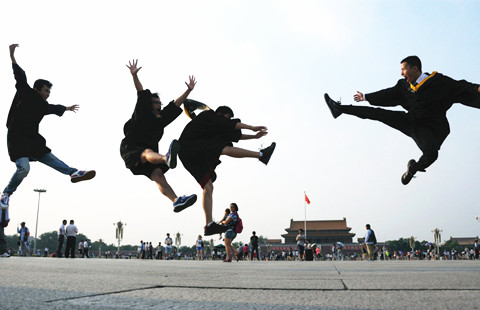
 Creativity marks graduation photos
Creativity marks graduation photos
 Ten photos you don't wanna miss - May 20
Ten photos you don't wanna miss - May 20
 In photos: Cities in the clouds
In photos: Cities in the clouds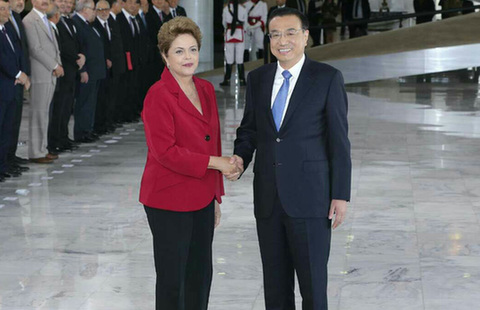
 Premier Li Keqiang welcomed by Brazilian president
Premier Li Keqiang welcomed by Brazilian president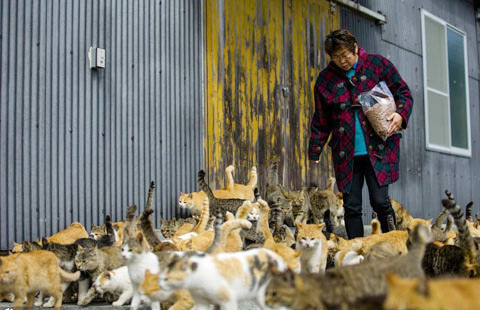
 Weirdest towns in the world
Weirdest towns in the world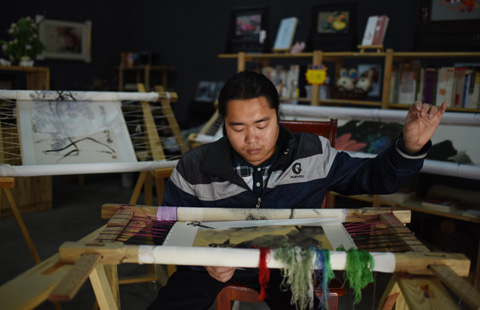
 Students from vocational schools also make big bucks
Students from vocational schools also make big bucks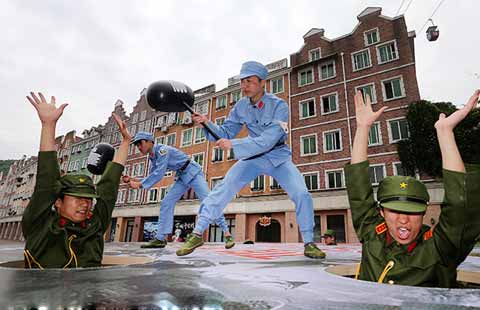
 Ten photos you don't wanna miss - May 19
Ten photos you don't wanna miss - May 19
Most Viewed
Editor's Picks

|

|

|

|

|

|
Today's Top News
China, Brazil launch new era of economic relations
China premier 'savior' to Brazil government: newspaper
US should end its 'backyard' zero-sum game
Xiaomi debuts in US, Europe with online store
More than 450 scholars urge Japan to address history issues
Brazil embraces third wave of Chinese investment
Taoist teaches US official one or two things about feng shui
White House bans police from using certain military equipment
US Weekly

|

|






